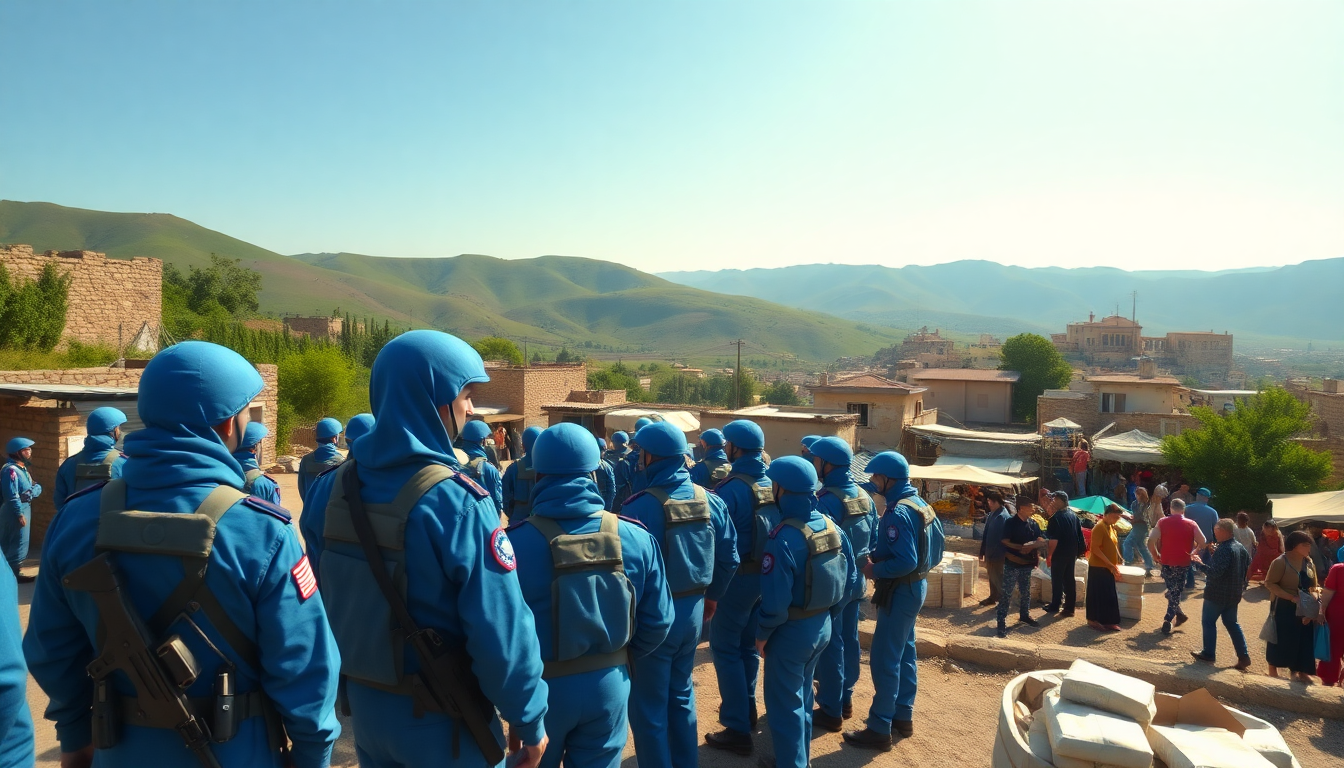Table of Contents
The United Nations Security Council has just made a significant move by voting to extend the UN peacekeeping mission in southern Lebanon, known as the UN Interim Force in Lebanon (UNIFIL), all the way until the end of 2026. But why is this important? Well, this decision comes amid growing pressure from the United States and Israel, both of whom have been pushing for the mission’s termination.
The unanimous approval of the resolution signals a strong commitment to maintaining stability in a region that has long been marked by tension and conflict.
What is UNIFIL and Why Does It Matter?
UNIFIL was established back in 1978 after Israel invaded southern Lebanon.
Originally, its job was to oversee the withdrawal of Israeli troops from the area. However, after the 2006 conflict between Israel and Hezbollah, the mission evolved, highlighting the need for a demilitarized zone to keep hostilities at bay. Since then, it has been renewed annually, and this recent vote ensures it will continue amidst significant geopolitical changes.
The resolution clearly states that UNIFIL will operate until December 2026, after which a “orderly and safe drawdown and withdrawal” of its roughly 10,800 military and civilian personnel will begin. This will be done in consultation with the Lebanese government, stressing the importance of local governance in securing the region.
But what does this mean for everyday life in southern Lebanon?
The Current Geopolitical Landscape
This vote comes in the wake of increased tensions following the October 7, 2023, Hamas-led attacks on Israel and the resulting conflict in Gaza.
The US administration, under President Donald Trump, has been particularly vocal about ending UNIFIL, arguing that the mission hasn’t effectively tackled the threats posed by Hezbollah. Israel has joined in on this sentiment, expressing frustration with UNIFIL’s ability to prevent cross-border hostilities.
Additionally, ongoing Israeli military operations in Lebanon have raised alarms about the safety of UN peacekeepers, with reports of attacks on UNIFIL positions. Even after a ceasefire was declared in November, Israeli operations have continued, complicating the security situation and raising concerns about the future of peacekeeping efforts. How does this impact the lives of those living in the area?
What This Means for Regional Security
The resolution aims to empower the Lebanese government to take the lead in providing security in southern Lebanon, especially in areas to the north of the Blue Line, the UN-drawn border with Israel. This is a crucial step for fostering local stability and ensuring that Lebanese authorities can handle security challenges without relying solely on international forces.
As the situation unfolds, the international community will be paying close attention to how Lebanon navigates these challenges, particularly when it comes to disarming Hezbollah—a demand that they have resisted so far. By focusing on a coordinated withdrawal and enhancing Lebanese governance, this resolution underscores a broader strategy aimed at fostering long-term stability in the region. So, what does the future hold for peace in southern Lebanon? Only time will tell.





